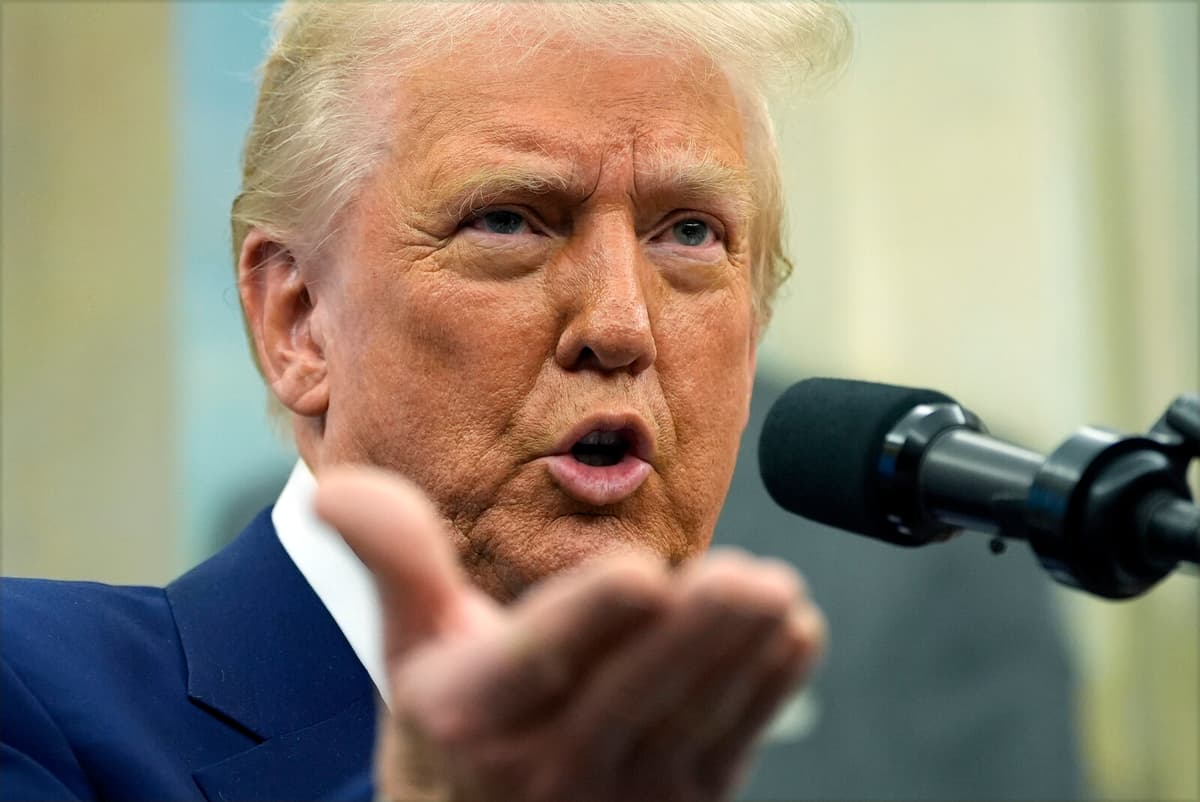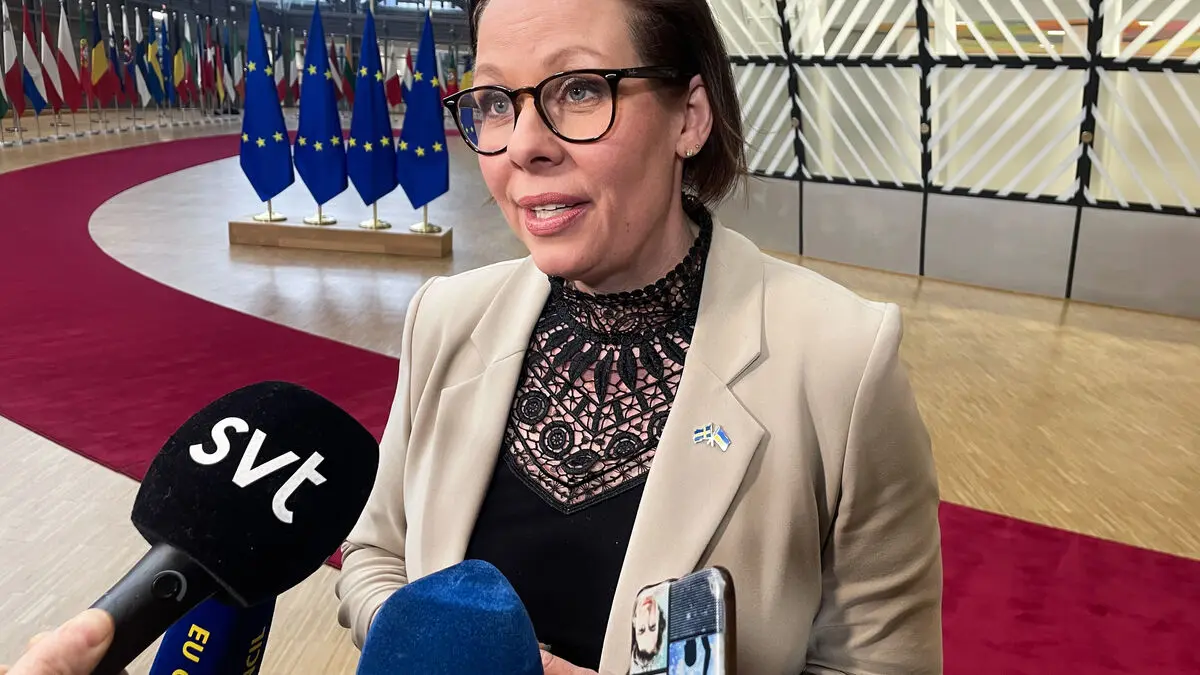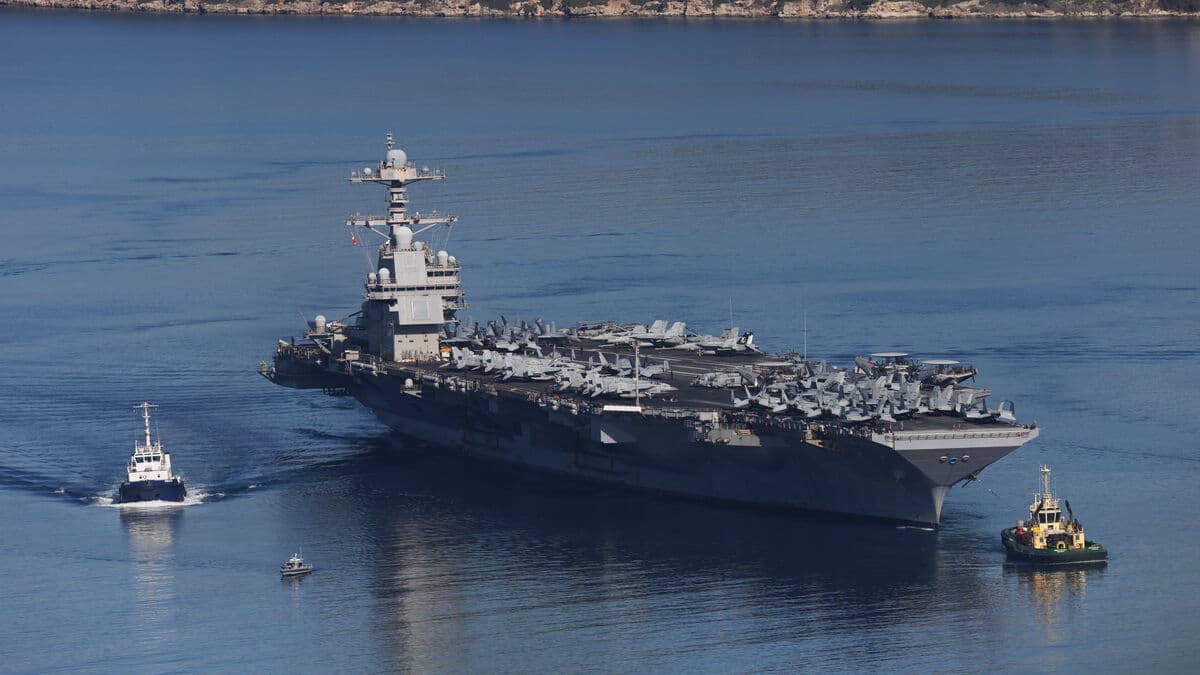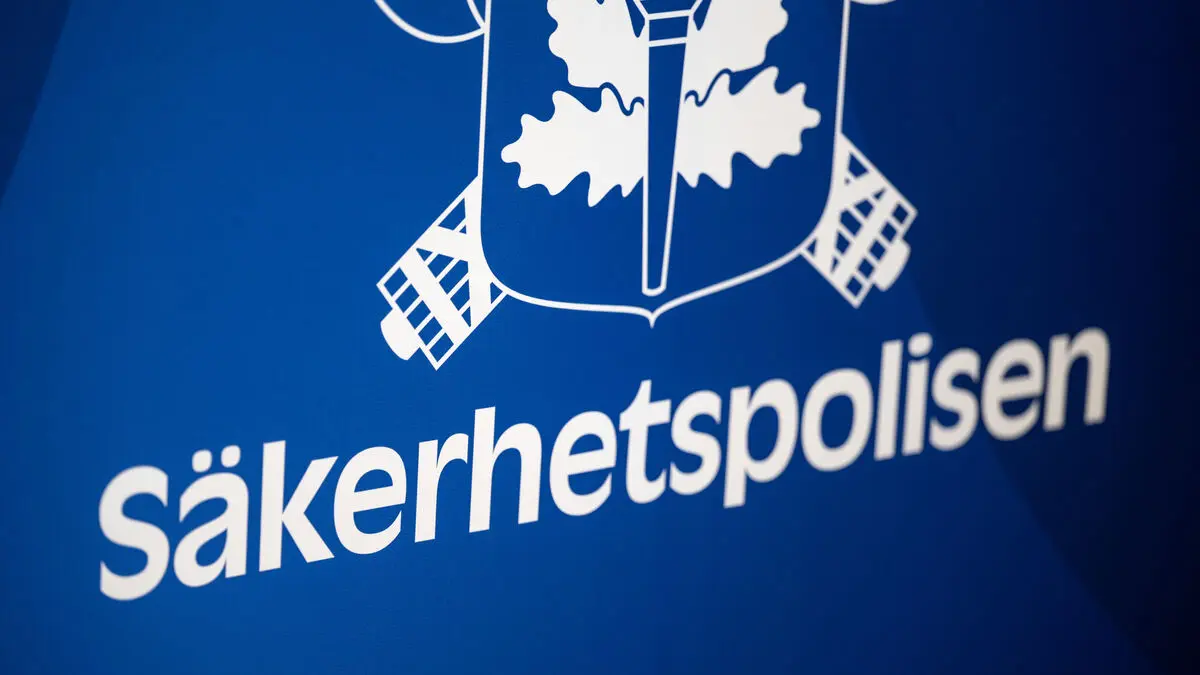Ukraine must not join NATO and must also give up territories to Russia. Otherwise, there can be no peace, according to the US.
The statement should be seen in the light of Donald Trump's earlier promise of a quick end to the Ukraine war. That promise is a major reason why the president now wants to show that he is working to fulfill his election promises, according to Arkady Moshes, program director at Finland's UI.
He's trying to show that he's ready to get things done, that he's going to move forward with negotiations, but we shouldn't take his statement literally at this point, he says.
"Completely unpredictable"
Since Russia launched its full-scale invasion of Ukraine almost three years ago, President Vladimir Putin has not made any concessions regarding the regime's goals in the war. And Russia is a recognized tough negotiator, emphasizes Arkady Moshes.
I wouldn't want to predict any successes from this negotiation, because when Trump realizes that Russia won't make concessions, he'll need to use pressure methods, and where that takes us, we don't know. The situation is completely unpredictable.
But Trump will win anyway, because he can say that he's tried.
Now, the attempts to determine Ukraine's fate seem to be handled between the great powers USA and Russia, with both Europe and Ukraine as spectators instead of participants.
On his own terms
Donald Trump usually does things on his own terms, says Jan Hallenberg, political scientist at Swedish UI. But how Trump's party colleagues will react to a peace negotiation where the starting points seem to be lined up in Russia's favor remains to be seen.
And he has a special relationship with Putin, which is partly because he sees some kind of similarity between the two as authoritarian leaders, he says.
Trump and Putin have two things in common, according to Arkady Moshes. The first is that neither of them sees Europe as important.
For Putin, it's about Russia's sovereignty, for Trump, it's about his ego. But basically, they just don't see Europe as a player.
The second common denominator is, according to Moshes, that they don't think foreign policy can be built on values.
They think it's about power and money, that values are for sale.






